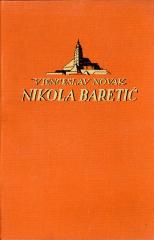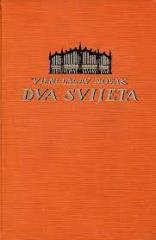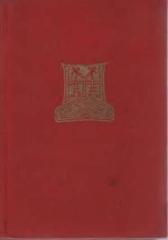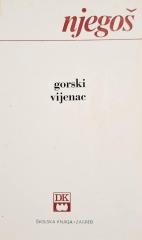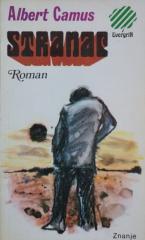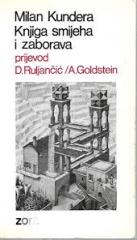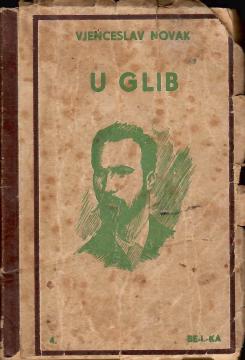
U glib - iz velegradskog podzemlja
"U glib - iz Velegradsko podzemlje" je društvena pripovetka koju je objavio Vjenceslav Novak 1905. godine, a snažno oslikava probleme radničke klase u Zagrebu na prelazu iz 19. u 20. vek.
Kroz priču autor se bavi temama siromaštva, predrasuda prema siromašnima i problemom pijanstva, koje ima ključnu ulogu u razvoju radnje. Kao i u mnogim Novakovim delima, i ovde je prisutna naglašena društvena tema.
Novak, koji je i sam poznavao težak život, prikazuje svakodnevicu ljudi koji jedva sastavljaju kraj s krajem, bore se sa predrasudama viših društvenih slojeva. Kroz lik Mikine, autorka kritikuje odnos bogatih prema siromašnima, prikazujući ih kao sramotu koju treba izbegavati. Ova simbolika je izražena u Mikinom stanu, opisanom kao sumoran prostor koji odražava izolovanost i odbojnost viših slojeva prema siromašnima.
U priči se oseća duboka patnja siromašnih porodica, studenata i radnika koji se bore sa životnim nevoljama. Njihove sudbine su često prožete nemoći, dok imućniji plivaju u izobilju. Novak se fokusira na likove koji su, uprkos svojoj dobroti, zarobljeni u okovima društvene nepravde. Problemi sa kojima se suočavaju su pijanstvo i gubitak dostojanstva, što se može videti kod pijanog Slovaka ili bolesnog Štefa, čije sudbine oslikavaju bezizlaznost situacije.
Novakova pripovetka se može uporediti sa delima velikih autora kao što je Fjodor Mihajlovič Dostojevski, koji takođe istražuje teme siromaštva i društvene nepravde. Kod Dostojevskog, kroz lik Raskoljnikova, vidimo duboko psihološko istraživanje moralnih dilema koje proističu iz egzistencijalnih kriza. Slično, Novakovi likovi, poput Mike i Jankića, suočavaju se sa teškim životnim okolnostima i unutrašnjim sukobima, što njihovu borbu čini emotivno snažnom i relevantnom.
Nema primeraka u ponudi
Poslednji primerak je nedavno prodat.
